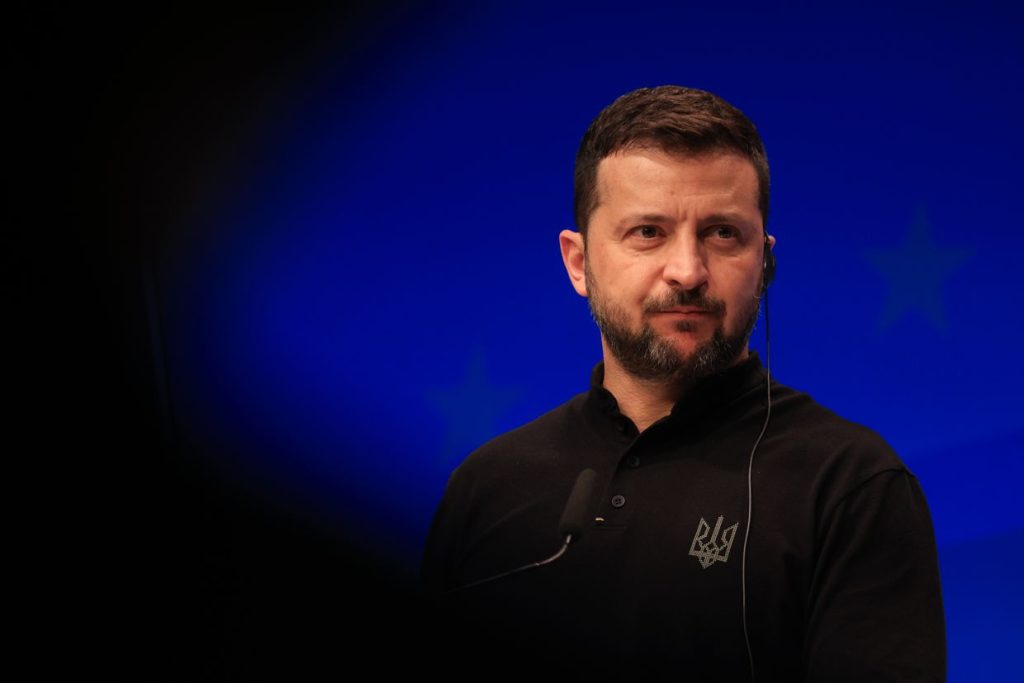President Volodymyr Zelensky visited Brussels on June 27 to meet with European officials and sign a security agreement with the European Union. This agreement is expected to establish the commitment of all 27 EU member states to provide Ukraine with broad support against Russia’s aggression. The agreement consists of two parts: one related to security and defense, including commitments such as equipment supply, personnel training, demining, and support for nuclear and cyber security. The second part focuses on civilian aspects, particularly Ukraine’s prospect of EU membership. The agreement also includes pledges to protect Ukrainian refugees, prosecute war criminals, impose sanctions on Russia, and use frozen Russian assets to support Ukraine’s reconstruction and economy.
During his visit, Zelensky held bilateral talks with EU and member state leaders, in addition to signing two more agreements with EU countries. This visit came two days after the beginning of accession negotiations between the EU and Ukraine. While Ukraine received EU candidate status in June 2022 and the European Commission recommended launching accession talks with Ukraine and Moldova in November 2023, the actual entry of Ukraine into the EU is likely to be years away. The negotiation framework was presented, and Kyiv could potentially join the bloc by 2030, according to EU Ambassador to Ukraine, Katarina Mathernova. The visit was seen as a step towards confirming Ukraine’s European course and strengthening ties with the EU.
The EU’s foreign policy will soon be under new management, and while the current European Commission president, Ursula von der Leyen, seems ready for the role, there will be changes in the European Council and foreign policy chief positions. The new leadership will inherit a challenging agenda, including dealing with issues related to Ukraine, Russia, and the EU’s stance on China. The EU has been committed to supporting Ukraine against Russian aggression and providing assistance for its security and defense needs. The EU’s stance on China will also be an important aspect for the new leadership to consider as they navigate the complex geopolitical landscape.
The security agreement between Ukraine and the EU signifies a strengthened commitment to Ukraine’s security and defense needs, in addition to its potential EU membership. The support from EU member states, along with the pledges to protect refugees, prosecute war criminals, and use frozen Russian assets to support Ukraine, demonstrates a united front against Russian aggression. Zelensky’s visit to Brussels was an opportunity to solidify Ukraine’s ties with the EU and affirm its European course. Despite the challenges ahead, the negotiations and agreements signed during the visit mark a positive step towards Ukraine’s closer integration with the EU.
Overall, Ukraine’s journey towards EU accession involves overcoming various obstacles and challenges, including meeting the necessary criteria and fulfilling the commitments outlined in the negotiation framework. The accession talks with the EU indicate a significant milestone in Ukraine’s path towards European integration. The support and assistance from the EU and member states, as well as the commitment to Ukraine’s security and defense, highlight the importance of cooperation and solidarity in the face of external threats. As Ukraine moves towards potentially joining the EU by 2030, the partnership with the EU will continue to play a crucial role in shaping the country’s future and strengthening its ties with European allies.


